Research
The PAVE research group was founded in 2011 at the University of Cambridge and was developed with generous funding from the European Research Council (ADaPt Project, grant number 617627) in 2013. In 2019 the lab moved to Western University who supported its further development with lab infrastructure, funding, and administrative support to leverage further development grants. The lab has strong research ties with the Bone and Joint Institute, and researchers in the Robarts Research Institute, the Wolf Orthopaedic Biomechanics Lab, the Hand and Upper Limb Clinic at St. Joseph's Hospital, and Earth Sciences.
Research in the PAVE lab is broadly focused on variation in the human phenotype. Many of our research projects originate from bioarchaeology and palaeoanthropology, and involve trying to understand the mechanisms that drove the evolution and adaptability of our species. Because this research depends on the fossil and skeletal records of human remains from archaeological contexts, our work has largely focused on the skeletal variation and the way that growth, environmental variation and habitual behaivour influence skeletal morphology. More recently we have begun to integrate this work within a broader framework of human biology, to understand the relationships between skeletal variation, physiology and human performance. An increasing emphasis within this work is on energetic trade-offs that occur between morphology, physiology, and performance. Our research intersects with a variety of disciplines where variability is a factor in interpretations of human adaptability. We conduct research in areas that can be broadly defined into the different categories below.
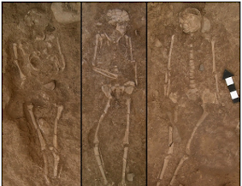
Bioarchaeology
The study of human remains from archaeological contexts to interpret aspects of behaviour and lifestyle in the past.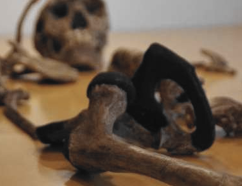
Palaeoanthropology
Human palaeontology and the interaction beteween cultural and biological evolution in driving phenotypic evolution.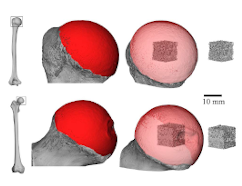
Functional Morphology
The mechanical performance and adaptability of skeletal tissues in response to loading.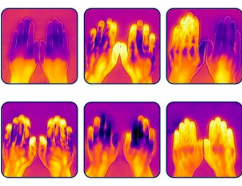
Human Biology
The study of variation, life history, and physiology in living humans to interpret relationships between lifestyle and health.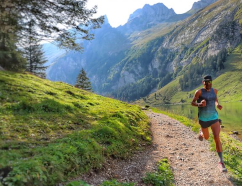
Human Athletic Palaeobiology
The study of human athletic performance to understand mechanisms of human adaptation and energetic trade-offs.Contact
Social Science Centre Rm. 3254
London, Ontario

